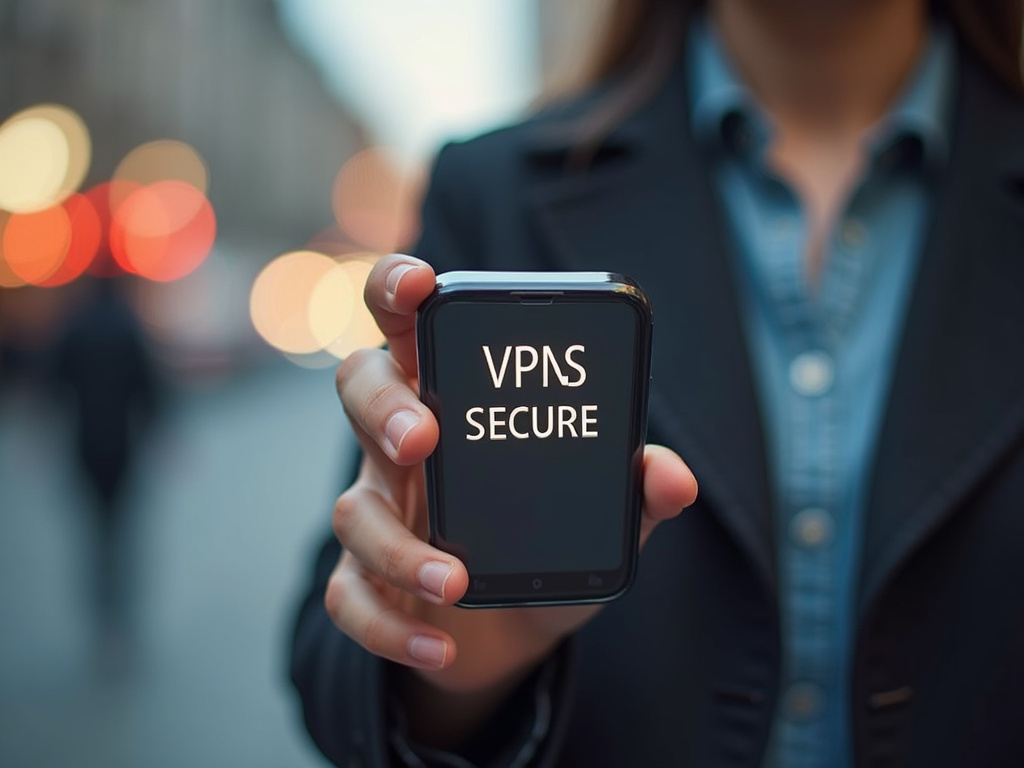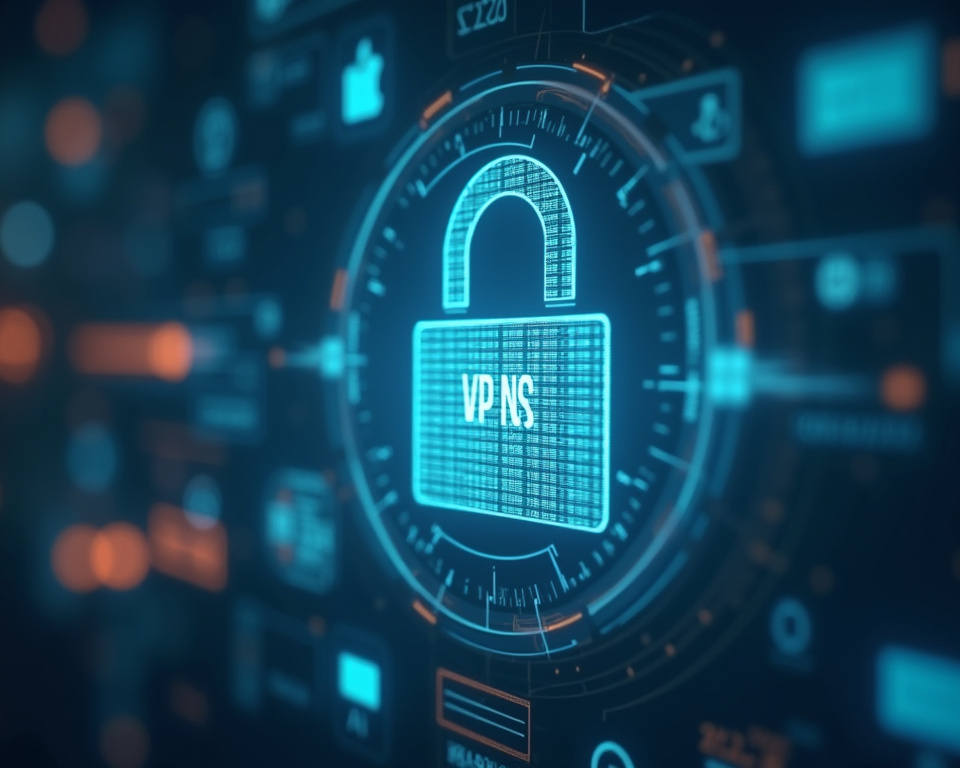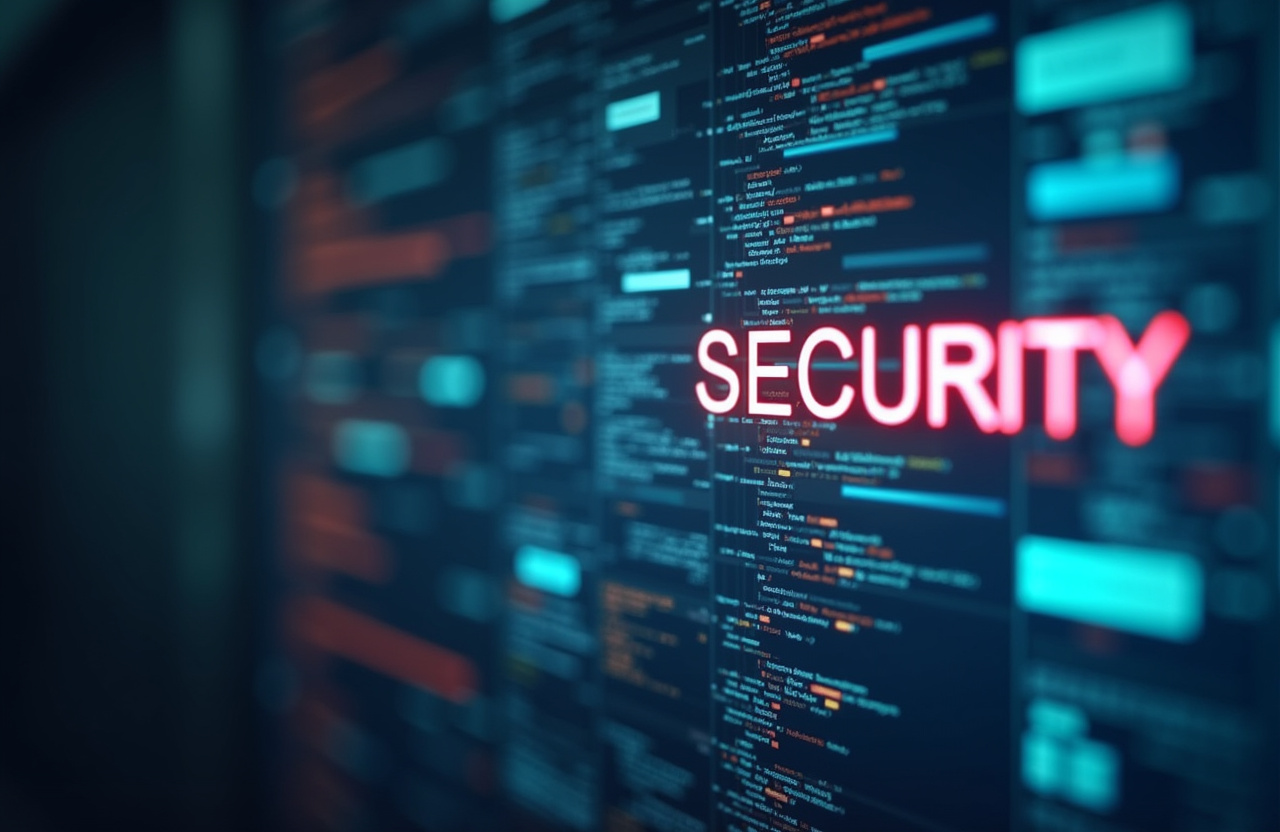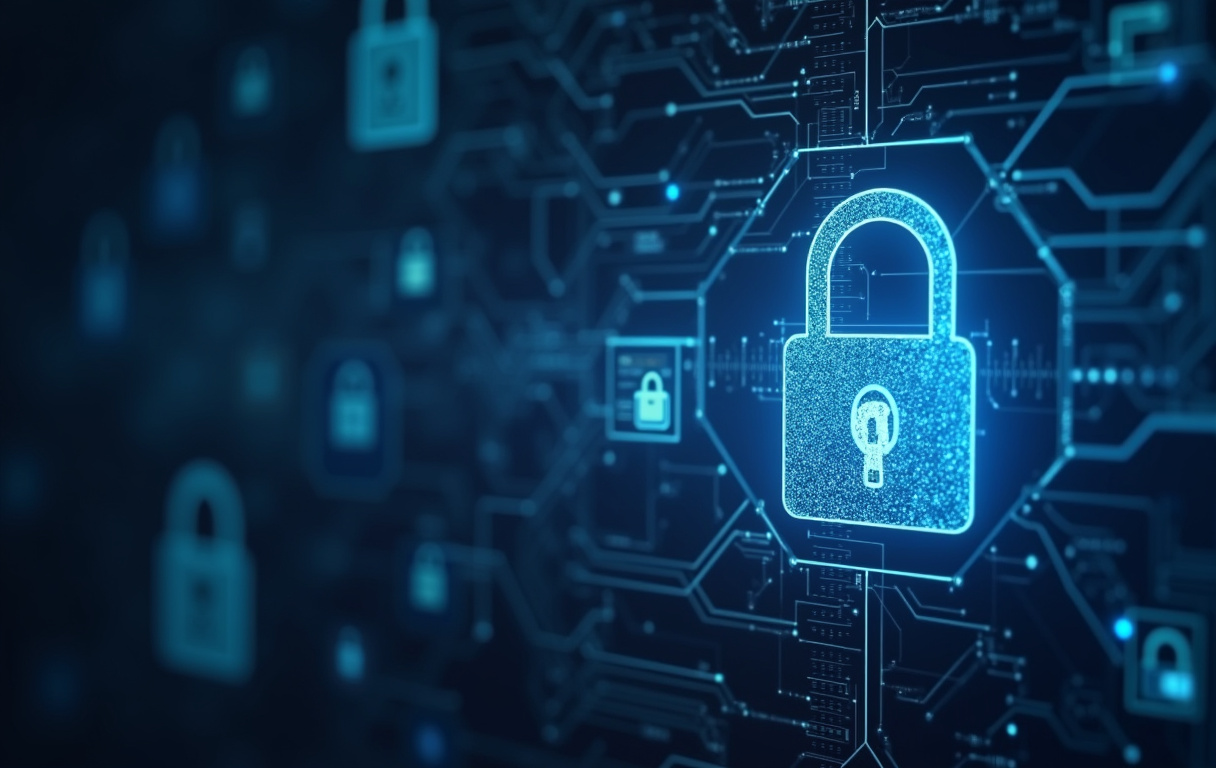VPNs for Temporary Workspaces: Securing Shared Data
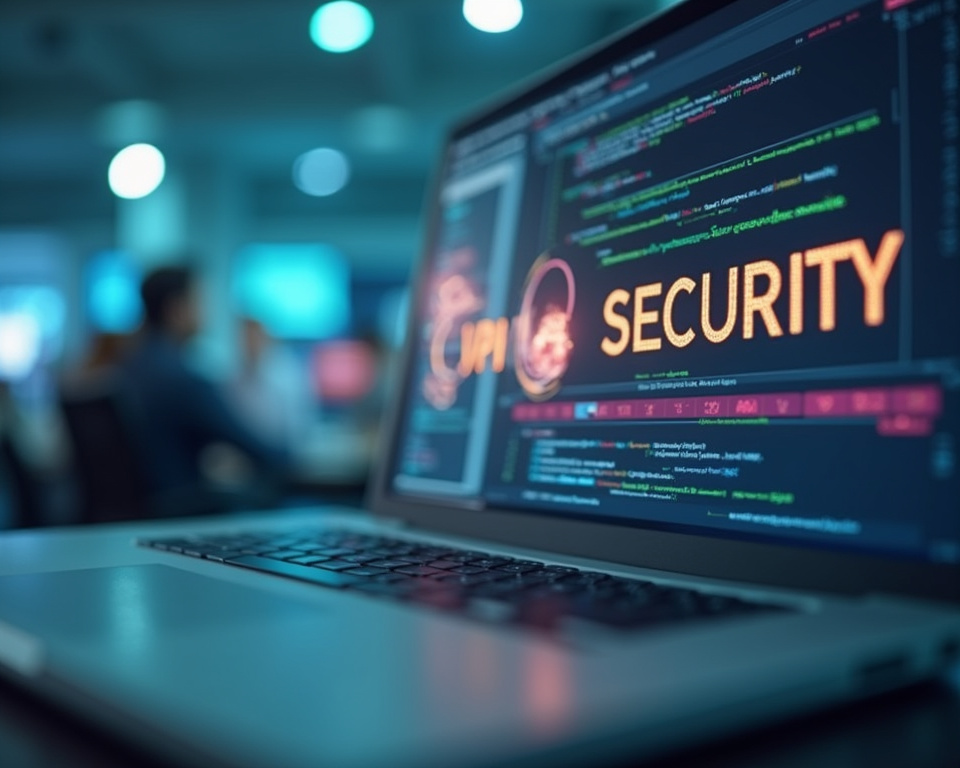
Table of Contents
information protection
The digital age has ushered in an era of unprecedented flexibility in the way we work. Traditional office spaces are increasingly being replaced by temporary workspaces – coworking hubs, coffee shops, shared offices, and even the comfort of our homes. While these flexible environments offer a multitude of benefits, including cost-effectiveness, networking opportunities, and enhanced work-life balance, they also introduce a significant challenge: securing sensitive data in inherently insecure environments.
The lack of robust network security in these spaces creates a breeding ground for potential cyber threats, jeopardizing confidential information and increasing the risk of data breaches. This article will explore the pivotal role Virtual Private Networks (VPNs) play in mitigating these risks, specifically focusing on their ability to enhance and enable within temporary workspaces. We will delve into how a provides a crucial layer of security, shielding sensitive data from malicious actors and ensuring compliance with data privacy regulations.
The modern professional is increasingly mobile, utilizing public Wi-Fi at cafes, airports, and coworking spaces to remain productive. However, these networks are often unsecured, creating a gateway for hackers to intercept sensitive information. Imagine a scenario where an employee is working on a confidential client presentation at a coffee shop, unknowingly connected to a compromised Wi-Fi network.
Without a VPN, their login credentials, financial data, and even the presentation itself could be vulnerable to interception. This highlights the urgent need for a proactive security solution that safeguards data regardless of location. Organizations are now tasked with equipping their mobile workforce with the tools necessary to maintain a secure working environment, and a VPN is one of the most essential components of that toolkit.
Failure to adopt a comprehensive security strategy can have severe consequences, including financial losses, reputational damage, legal liabilities, and the erosion of customer trust. The need for is not just a technical issue; it's a business imperative. Data breaches can result in significant financial penalties under regulations like GDPR and CCPA, not to mention the costs associated with remediation and damage control.
Beyond the financial implications, a data breach can severely damage a company's reputation, leading to a loss of customers and a decline in brand value. In today's competitive business landscape, trust and security are paramount, and organizations must demonstrate a commitment to to maintain a competitive edge. The rise of highlights the growing awareness of these risks, and the proactive measures individuals and organizations are taking to mitigate them.
Beyond the avoidance of data loss, a secure mobile workspace, like a coffee shop or other locale that leverage wireless internet will have a significantly broader appeal to teams and companies that want to establish a secure working environment for their staffs. This can increase revenues as customers use a coworking space that provides these added perks. The article will discuss the functionality of a VPN and how these tools can improve workspaces now and in the future.
workspace VPN
The fundamental principle behind a VPN's security lies in its ability to create an encrypted tunnel for internet traffic. This tunnel effectively shields data from unauthorized access, making it unreadable to anyone who might attempt to intercept it. When a user connects to a VPN server, all internet traffic originating from their device is routed through this secure tunnel, ensuring that even if the underlying network is compromised, the data remains protected.
This encryption process relies on sophisticated cryptographic algorithms that scramble data into ciphertext, rendering it meaningless to anyone without the decryption key. Modern VPNs typically employ robust encryption protocols, such as AES (Advanced Encryption Standard) with a key length of 256 bits, which is considered virtually unbreakable with current computing power. This level of encryption provides a strong defense against eavesdropping, data sniffing, and other forms of cyberattacks.
In addition to encryption, a VPN also masks the user's real IP address, providing an additional layer of privacy and security. When connected to a VPN, the user's internet traffic appears to originate from the VPN server's IP address, effectively hiding their actual location and identity. This IP address masking can protect against location-based tracking, targeted advertising, and even potential surveillance by malicious actors.
Furthermore, it can help bypass geographical restrictions, allowing users to access content that might be blocked in their current location. This feature is particularly useful for remote workers who need to access resources or services that are only available in specific regions. The lack of encryption in a public workspace Wi-Fi can be a significant vulnerability for a company looking to establish data safety and security protocols.
IP masking provides enhanced security by masking the user's location, and allowing only safe and secure data locations to be accessed without the concern of external access. Another critical security feature offered by many VPNs is protection against DNS leaks. The Domain Name System (DNS) translates domain names (e.g., google.com) into IP addresses, allowing users to access websites and other online services.
However, if DNS requests are not properly secured, they can be intercepted by malicious actors, potentially exposing the user's browsing activity to their internet service provider (ISP) or other third parties. A DNS leak can reveal the websites a user is visiting, even if they are using a VPN to encrypt their traffic. To prevent DNS leaks, many VPNs offer their own secure DNS servers that route all DNS requests through the encrypted tunnel.
This ensures that all internet traffic remains within the secure environment, preventing unauthorized access to browsing data. In the context of a , these security features are paramount for protecting sensitive company information when working from temporary or public locations. The need for strong encryption and anonymity, specifically the security of IP masking, is a key to the success of a robust security program.
This allows teams to focus on achieving tasks and deliverables without worrying about bad actors gaining access to their proprietary data. This leads to increased revenue and a more productive work team that will be more secure and confident in their collaborative business relationships. The goal is to create a security program that does not restrict work, but enhances it by ensuring that data protocols allow for seamless collaboration.
To that end, the best or remote teams will be one that balances ease of use and security.
secure collaboration
Beyond individual user security, VPNs play a vital role in fostering within teams that are geographically distributed and working from various temporary workspaces. In today's interconnected business environment, teamwork often transcends physical boundaries, requiring seamless and secure sharing of information and resources. Many VPN services offer integrated features specifically designed to facilitate this type of secure collaboration, ensuring that sensitive data remains protected throughout the entire process.
One such feature is secure file sharing. Instead of relying on potentially insecure methods like email attachments or public cloud storage services, VPNs can provide secure cloud storage solutions where teams can store, access, and share files with confidence. These solutions typically employ end-to-end encryption, meaning that data is encrypted both while in transit and while stored on the server, providing comprehensive protection against unauthorized access.
Access controls can be implemented to ensure that only authorized team members can view or modify specific files, further enhancing security. Furthermore, many VPNs offer secure communication channels, such as encrypted messaging apps and video conferencing tools. These tools use end-to-end encryption to ensure that only the intended recipients can read or hear the messages, preventing eavesdropping or interception by third parties.
This is particularly important when discussing sensitive or confidential information, such as financial data, strategic plans, or customer details. When selecting a , or for a temporary workspace, make sure it has a security policy that includes best practices. VPN solutions may also offer features like screen sharing and file transfer capabilities within the secure communication channel, allowing teams to collaborate effectively while maintaining a high level of security.
When a team is able to freely share important information, they will be able to more collaboratively discuss the important points of a process. In addition to these security features, organizations must also implement clear security policies and protocols to guide their employees' use of VPNs and other security tools. These policies should outline acceptable use guidelines, password management best practices, and procedures for reporting security incidents.
Regular security awareness training can help employees understand the risks associated with working in temporary workspaces and how to use VPNs and other security tools effectively. This training should cover topics such as identifying phishing scams, avoiding suspicious websites, and protecting against malware infections. To protect information it is always a good investment to educate a team on how they can protect their computer, and follow secure browsing and internet practices.
An organization seeking to protect its data should consider multi-factor authentication (MFA) to increase security. MFA requires users to provide multiple forms of identification before gaining access to sensitive resources. This could include something they know (e.g., a password), something they have (e.g., a smartphone or hardware token), or something they are (e.g., a fingerprint or facial recognition).
By implementing MFA, organizations can significantly reduce the risk of unauthorized access, even if a password is compromised. Therefore, in implementing MFA on a , it is much less likely that it can be breached. Regular security audits and penetration testing can help identify vulnerabilities in the network and systems, allowing data safety organizations to take corrective action before an actual breach takes place.
Penetration testing involves simulating real world attacks to identify weaknesses in the organization's security posture to help identify these flaws.
shared data security
Implementing a VPN solution is not a one-size-fits-all approach. Organizations must carefully assess their specific needs and requirements to select a VPN that best aligns with their business objectives and security posture. Factors to consider include the number of users, the types of data being protected, the level of security required, and the budget available.
Different VPN services offer varying levels of security, performance, and features, so it's important to conduct thorough research and compare different options before making a decision. Evaluate the encryption protocols used by the VPN, the server locations available, the logging policy, and the customer support offered. A VPN is a safeguard against unauthorized access, and may allow access to areas otherwise unavailable.
Consider the performance implications of using a VPN. Encryption can add overhead to internet traffic, potentially slowing down connection speeds. Choose a VPN service with a fast and reliable network that can minimize performance impact.
The location of the VPN servers can also affect performance, so select a service with servers located geographically close to your users. A good indication of high speed is being able to watch streaming video, listen to audio or other data usage benchmarks. Assess the VPN service's logging policy.
Some VPNs log user activity, while others maintain a strict no-logs policy. If privacy is a major concern, choose a VPN with a no-logs policy. However, keep in mind that even VPNs with no-logs policies may still collect some metadata, such as connection timestamps and bandwidth usage.
A VPN service may also have good customer service in case something goes wrong with the connection and tech support is needed. This is because there are times when something doesn't work the way it is supposed to and a trained technician may be needed to remedy the circumstances. After selecting a VPN service, it's important to configure it properly to ensure maximum security and performance.
This includes selecting the appropriate encryption protocol, configuring DNS leak protection, and enabling a kill switch. A kill switch is a security feature that automatically disconnects the user from the internet if the VPN connection drops, preventing unencrypted data from being transmitted. Be sure that all your data is sent through a secure internet pathway and that the most sensitive data is inaccessible.
The kill switch assures that the user's computer is protected even when there might be a system communications disruption. Organizations should also establish clear guidelines for using the VPN, including when to connect, which servers to use, and what types of activity are permitted. Employees should be trained on how to use the VPN correctly and how to troubleshoot common issues.
Continuous monitoring and maintenance are essential for ensuring the ongoing effectiveness of a VPN. Organizations should regularly monitor the VPN connection for performance issues, security threats, and unauthorized access attempts. Keeping the VPN client software up to date with the latest security patches is also crucial.
VPN providers regularly release updates to address vulnerabilities and improve performance. IT professionals must conduct consistent testing to ensure that information protection rules are adequate and keep data streams safe. Furthermore, it is also important to watch out for evolving situations that must be considered.
This includes protocols and new trends developing in the field. As technology evolves, potential malicious users will seek ways disrupt security programs and seek to gain access to data surreptitiously. This can damage protocols within the business.
workspace VPN
In conclusion, VPNs are an indispensable tool for securing temporary workspaces and protecting sensitive data in today's increasingly mobile and distributed work environment. By encrypting internet traffic, masking IP addresses, and providing secure communication channels, VPNs offer a robust defense against a wide range of cyber threats. For organizations embracing remote work, or utilizing shared office spaces, a is no longer a luxury but a necessity.
It ensures compliance with data privacy regulations and helps maintain a competitive edge in today's data-driven world. While the initial investment in a VPN solution may seem like an added expense, it is important to consider the potential costs of a data breach, including financial penalties, reputational damage, and legal liabilities, and also the increased cost of increased worker productivity. The benefits of a VPN far outweigh the costs, making it a wise investment for any organization that values its data and its reputation.
By implementing a VPN and following best practices for security, organizations can create a secure and productive work environment for their employees, regardless of location. The future of work is increasingly flexible and distributed, and VPNs will continue to play a critical role in enabling secure and seamless collaboration across different locations and devices. However, it is important to recognize that a VPN is not a silver bullet.
A VPN will not fix a company which has lax procedures, or a team that does not follow the proper protocol. It is important that the protocol is always followed to avoid damage to the company. Organizations must implement a comprehensive security strategy that includes a combination of technical controls, policies, and procedures, in order to achieve true security.
Just always make sure to protect the company's most sensitive data and communications in order to avoid situations that could compromise all the data. The goal should be to protect all assets to keep the company going strong. In addition to VPNs, organizations should also consider implementing other security measures, such as firewalls, intrusion detection systems, and endpoint protection software.
These measures can help protect against a wider range of threats and provide a layered approach to security. Ongoing education on data protection is always a wise decision and could prevent a lot of damage to the data protection protocols that a company has in place. Employee education can improve the chances that there will not be a leak of sensitive information.
This could save the company both money and reputation. This is especially true when there are team members who work remotely and collaborate with others. To ensure long-term success, organizations must adopt a proactive approach to security, constantly monitoring and adapting their security posture to address emerging threats and stay ahead of the curve.
They must provide the proper through security policy, security training and updates to VPN security protocols to prevent data leaks. This requires ongoing investment in security tools, training, and expertise. By prioritizing security, organizations can build trust with their customers, protect their brand reputation, and achieve sustainable growth.
As new technologies emerge and the threat landscape evolves, VPNs will continue to adapt and evolve to meet the changing needs of businesses. Future VPNs may incorporate new features such as artificial intelligence (AI) powered threat detection, blockchain-based security, and quantum-resistant encryption. By staying informed about these trends and embracing innovation, organizations can ensure that their VPN solutions remain effective and secure for years to come.
In the ever-evolving realm of cybersecurity, a proactive and adaptive strategy is essential. and temporary workspaces is a vital piece of that puzzle, enabling secure access to data and promoting seamless collaboration in today's dynamic work environments.
Stay Updated
Get the latest VPN news, tips, and exclusive deals to your inbox.
